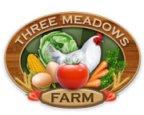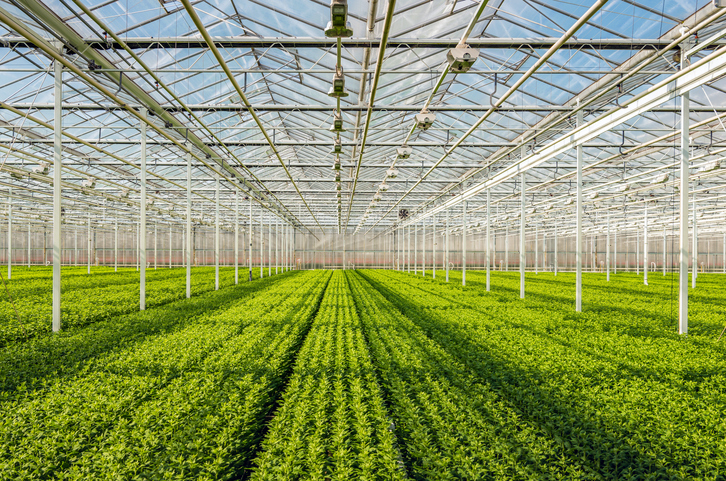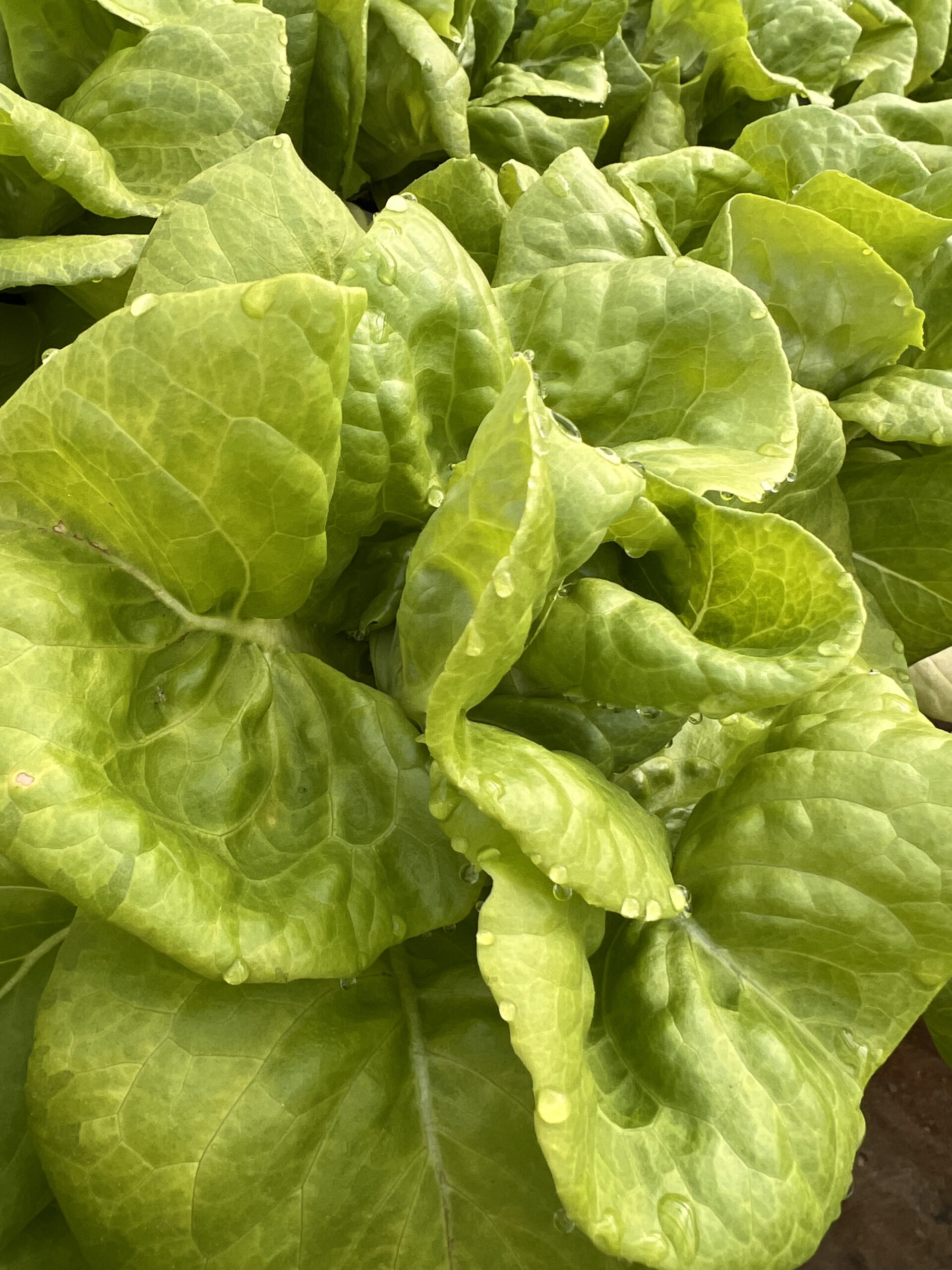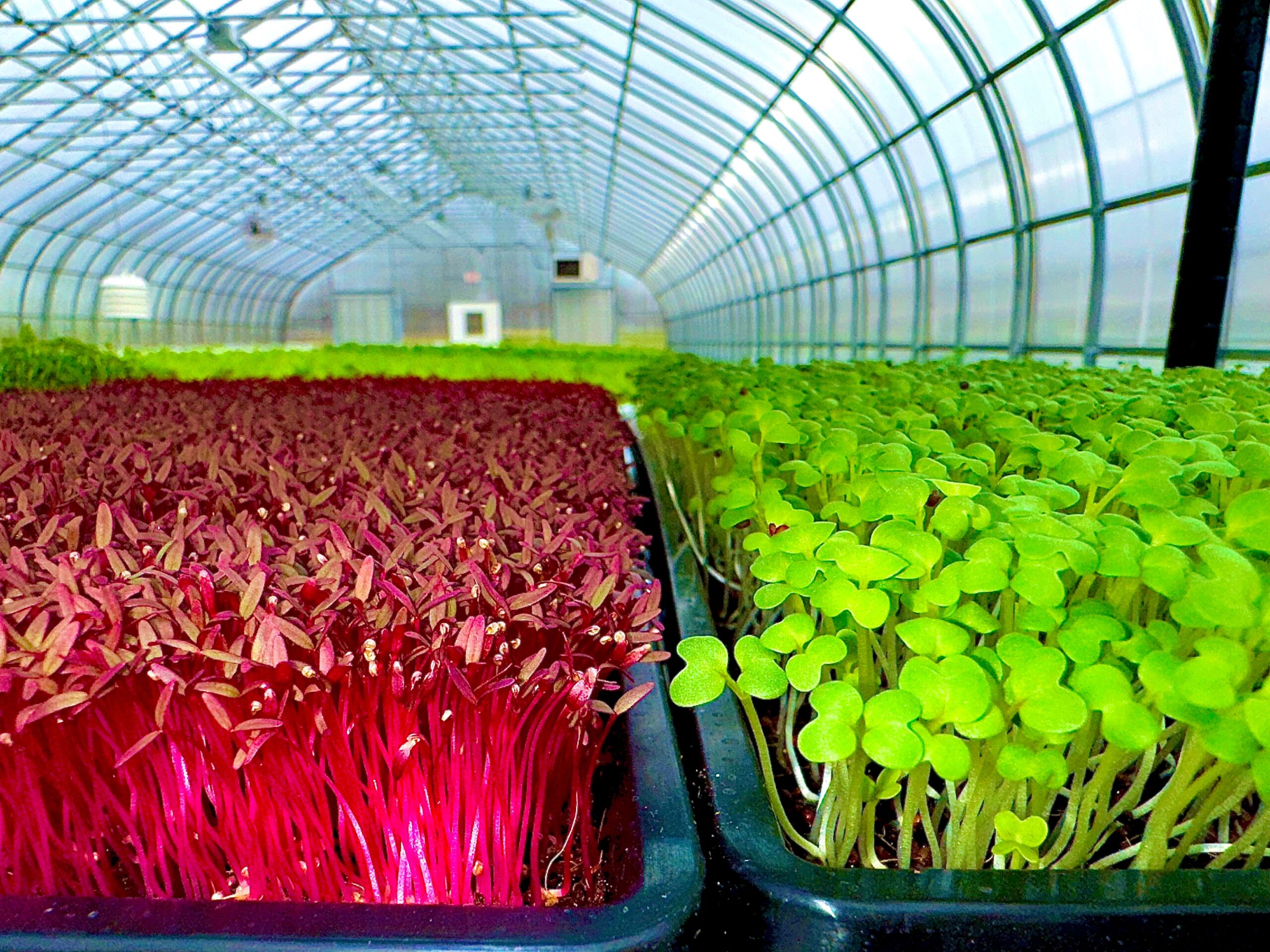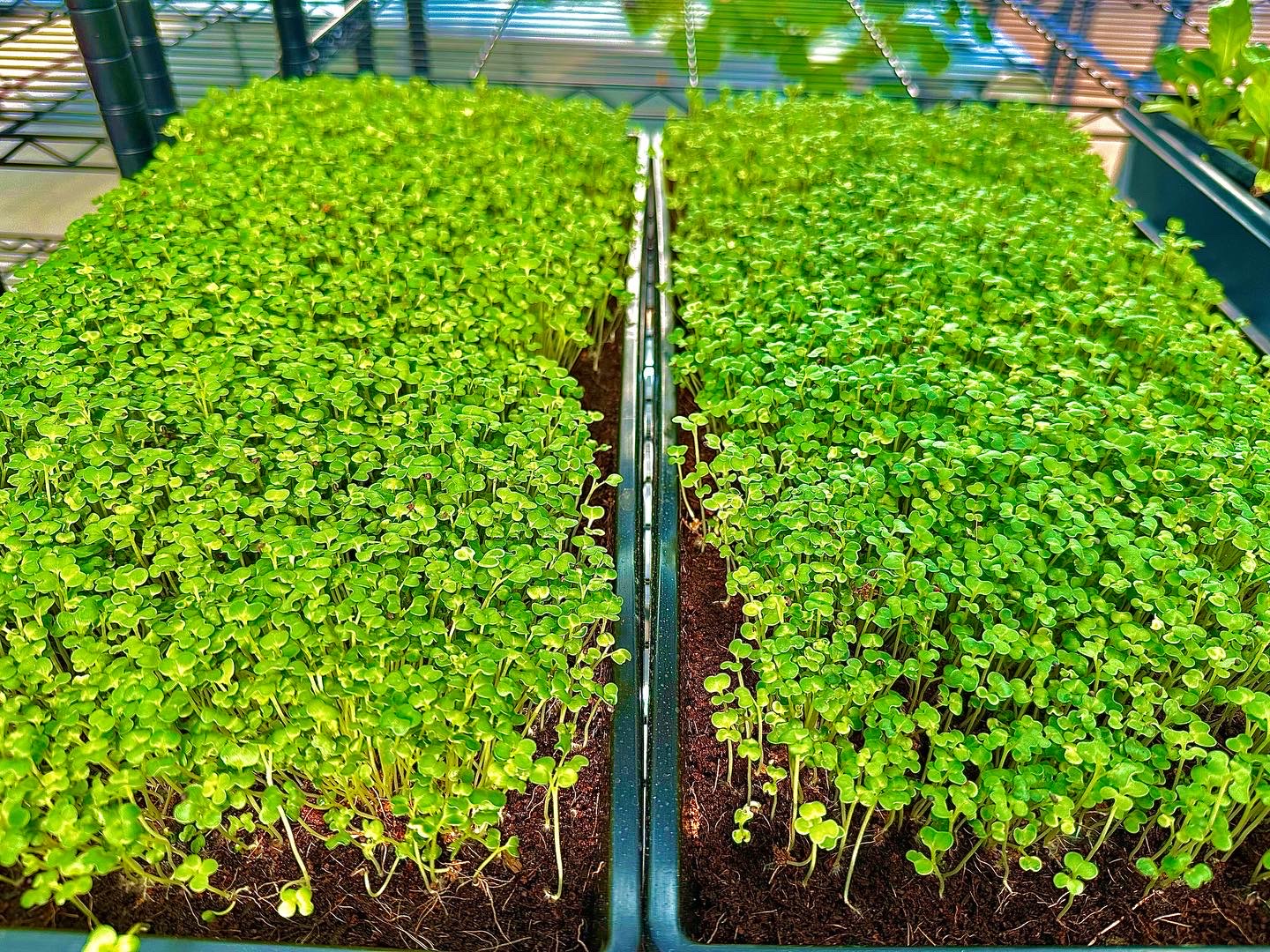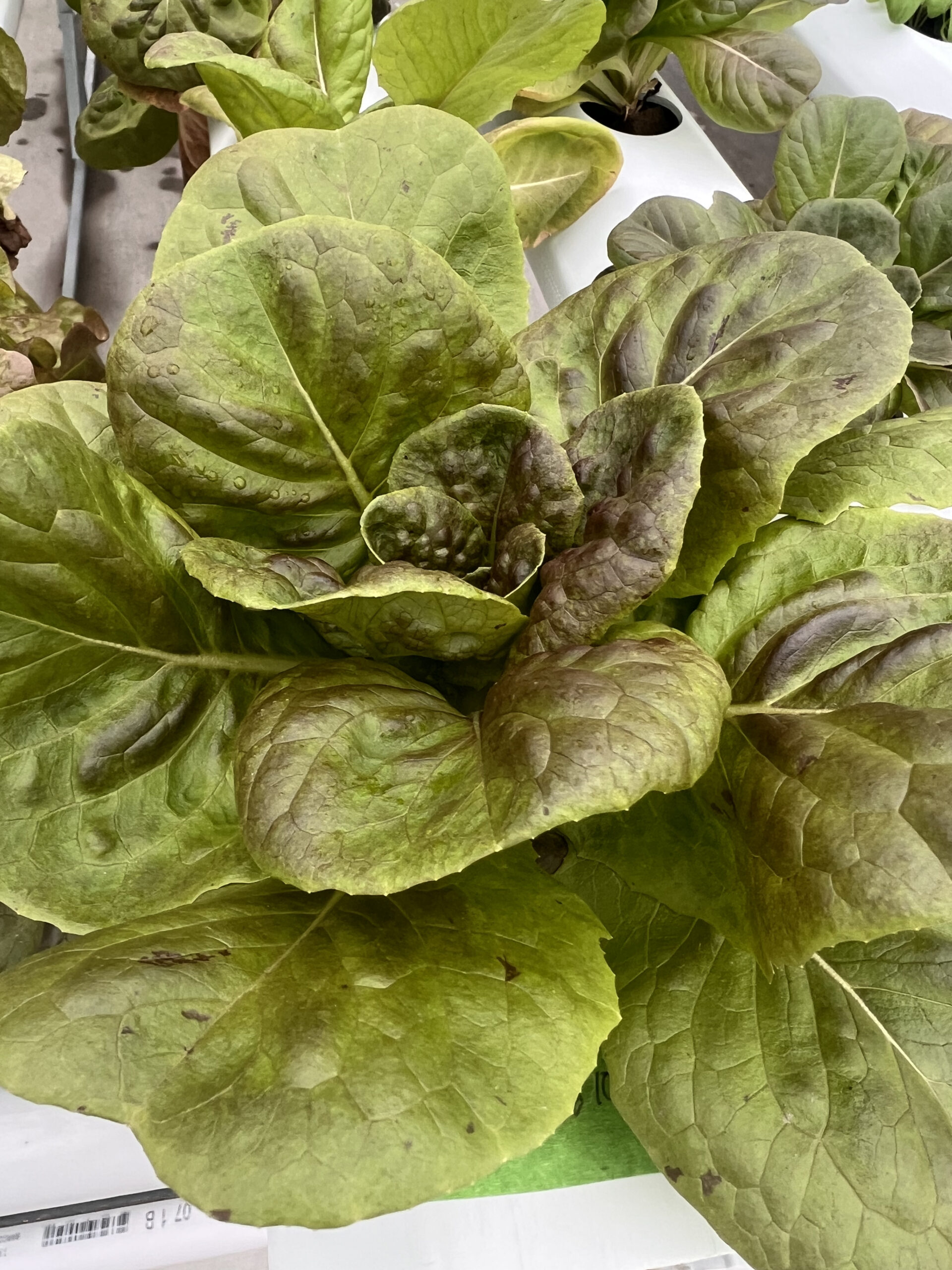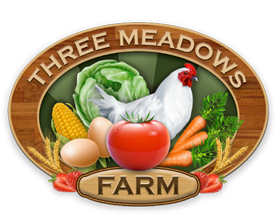


We Do More Than Grow Great Food
ABOUT THREE MEADOWS FARM
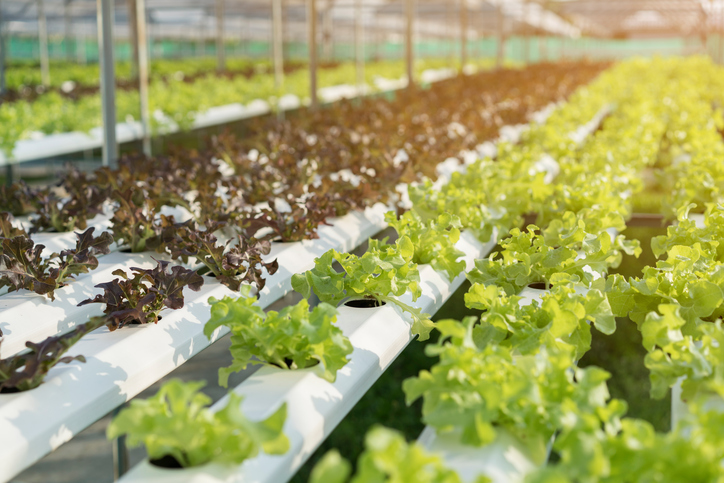
AN INVESTMENT
From its beginnings as a family garden, Three Meadows Farm has grown into a fully operational farm, able to provide fresh, hydroponically-grown produce and Thanksgiving Turkeys to the community through its farm stand and distribution to local restaurants and grocery stores.
Feed the Need
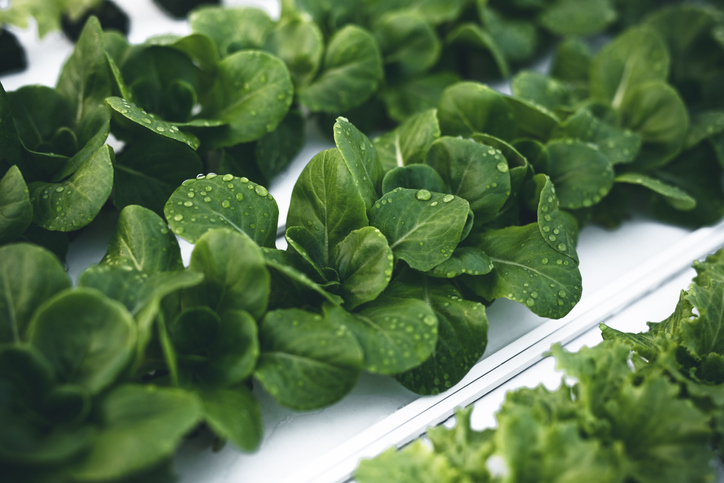
Under the ownership of the Rupert family, Three Meadows Farm fostered relationships with many people and businesses in the community. One of these relationships was a partnership with Somerset Hills Learning Institute, a non-profit education and treatment program for people with autism.
Through this partnership, older students were given the opportunity to experience a multitude of job readiness skills including woodworking, farming/gardening, greenhouse cultivation and more. Career training sets Somerset Hills Learning Institute apart from similar schools, as one of the few specialized programs in the nation working to impact the 86% unemployment rate (Roux et al., 2017) of adults with autism. With approximately half a million people with autism entering adulthood in the next decade (Roux et al., 2017) this type of program is crucial.
In 2016, Somerset Hills Learning Institute purchased the farm from the Rupert family. Three Meadows Farm now operates as one of a number of job-training sites for the school program.
Legitimate Hope for People with Autism
ABOUT SOMERSET HILLS LEARNING INSTITUTE
Three Meadows Farm is a social enterprise of Somerset Hills Learning Institute, a private non-profit program that offers a broad spectrum of science-based services and education to children, adolescents, and young adults with autism. Utilizing life-changing treatment methods, Somerset Hills Learning Institute enables learners with autism to become as independent as possible, up to and including career training. Each purchase from Three Meadows Farm supports the Institute’s ability to provide quality treatment and education.
Three Meadows Farm functions as a social enterprise by serving as both a learning site for students and a job site for adults, who may have otherwise been unemployed.
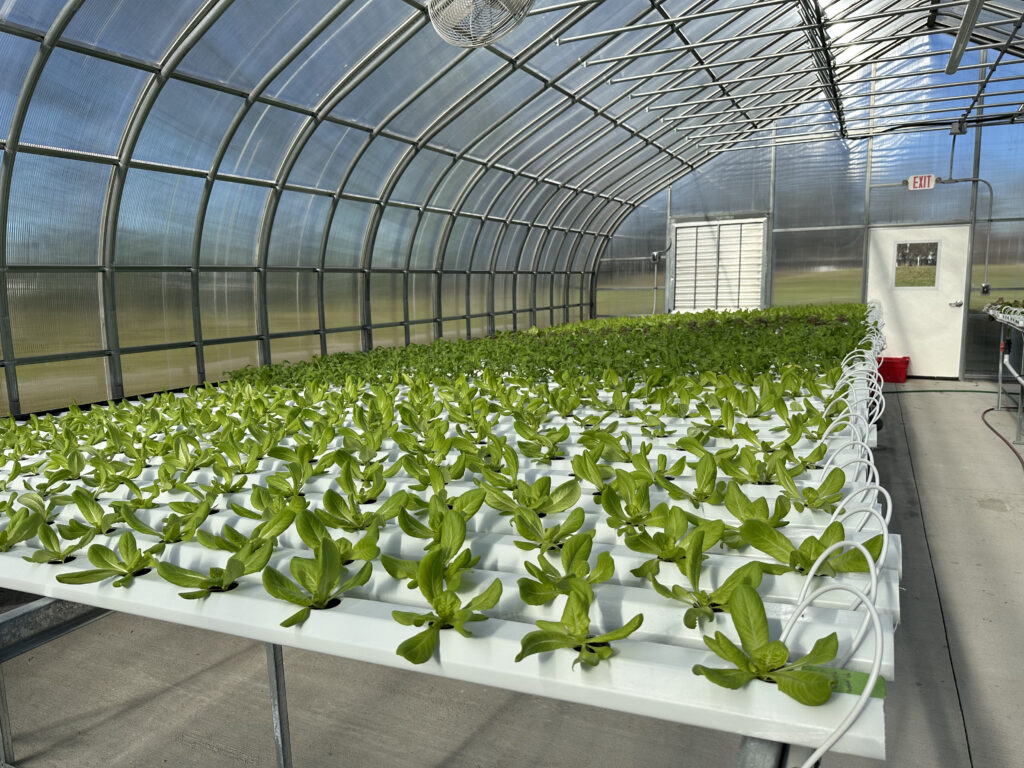

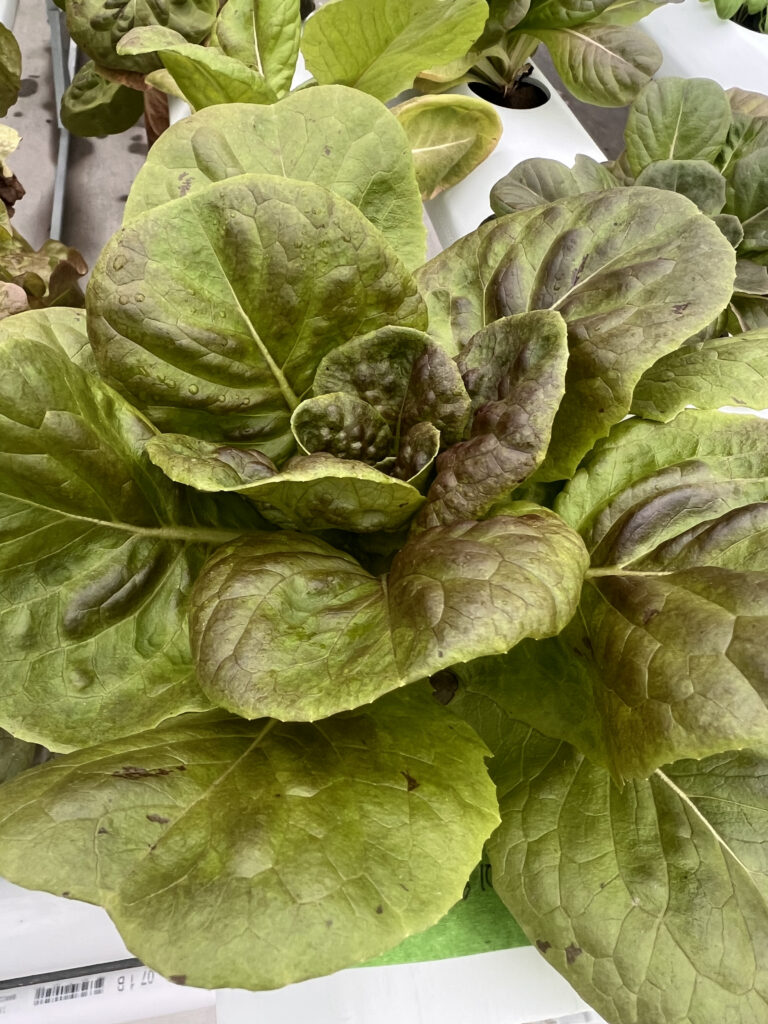
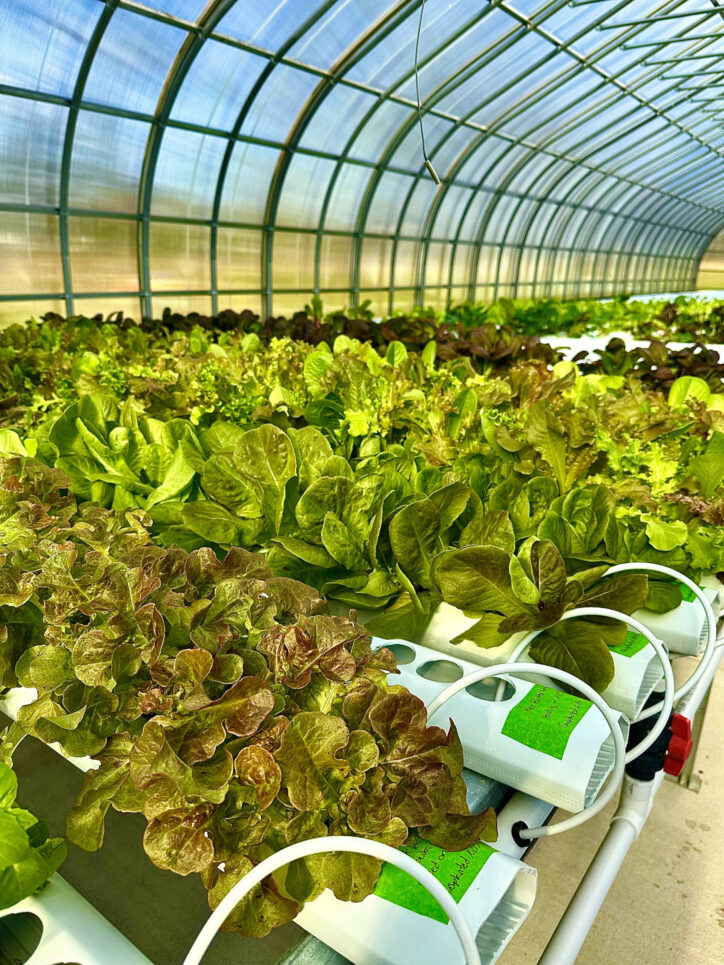
*AGARWAL, P. (2018) FORBES.
Know Your Farmers. Know Your Food.
WHY EAT LOCAL
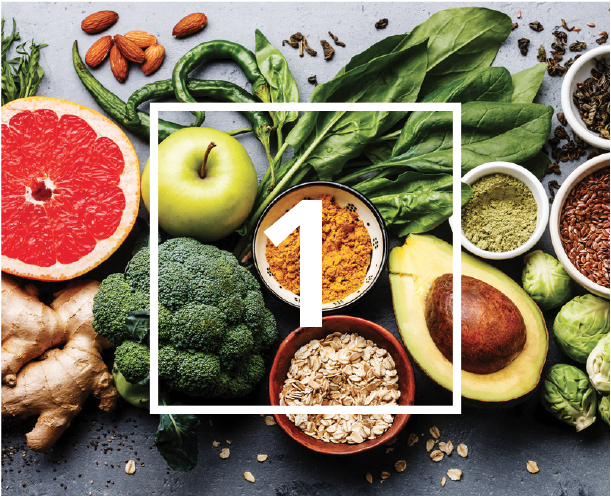
Healthier Alternative
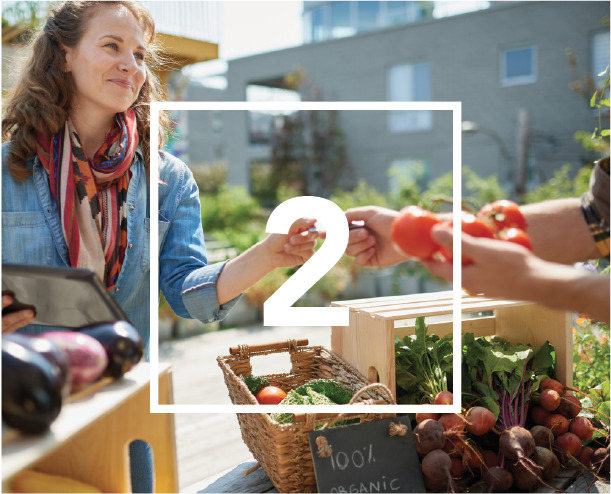
Supports Community
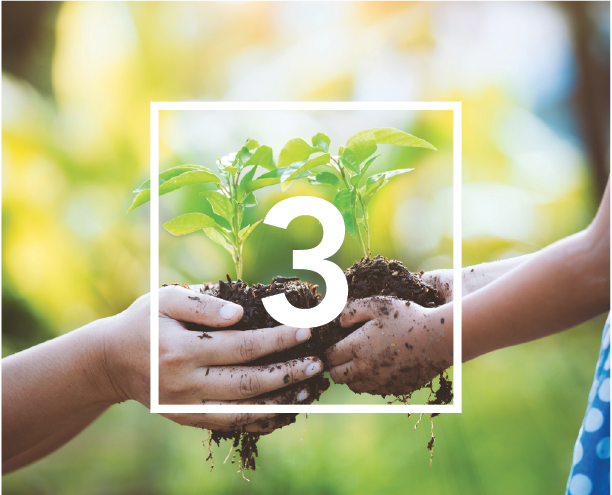
Sustainable Practice
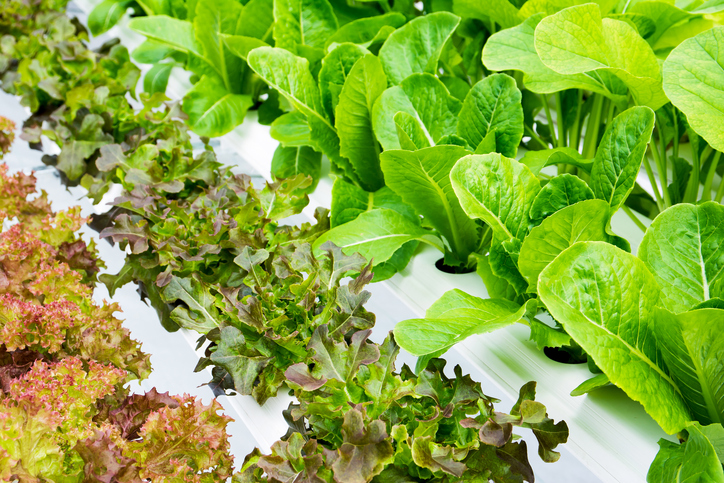
Deliciously Sustainable
What is Hydroponic Farming?

Visit our Farm Stand
Our Farm Stand is open 7 days per week from sun up to sun down for honor system purchasing of our hydroponically-grown produce and farm fresh eggs.
Three Meadows Farm, 1130 Burnt Mills Road, Bedminster, NJ 07921
